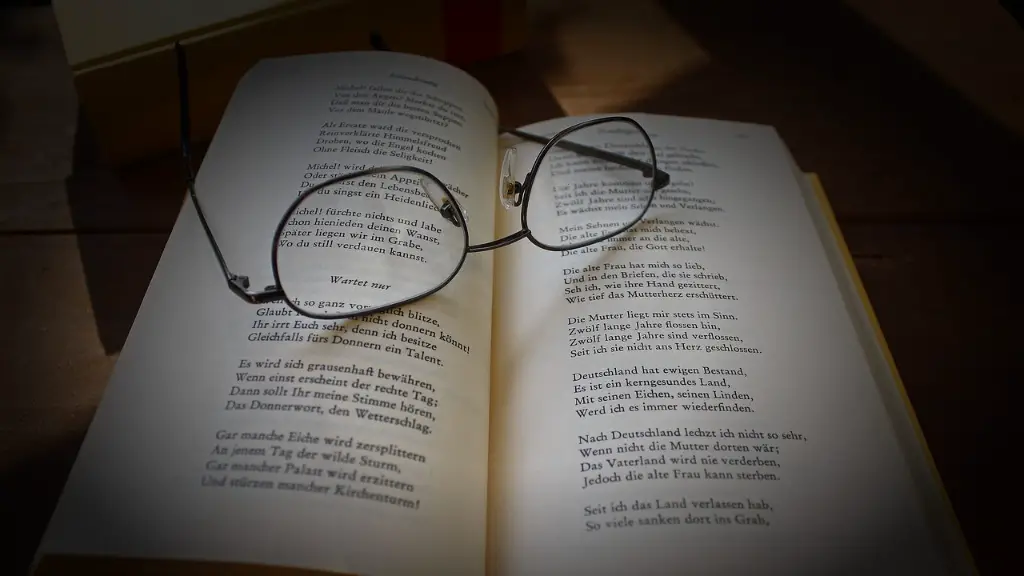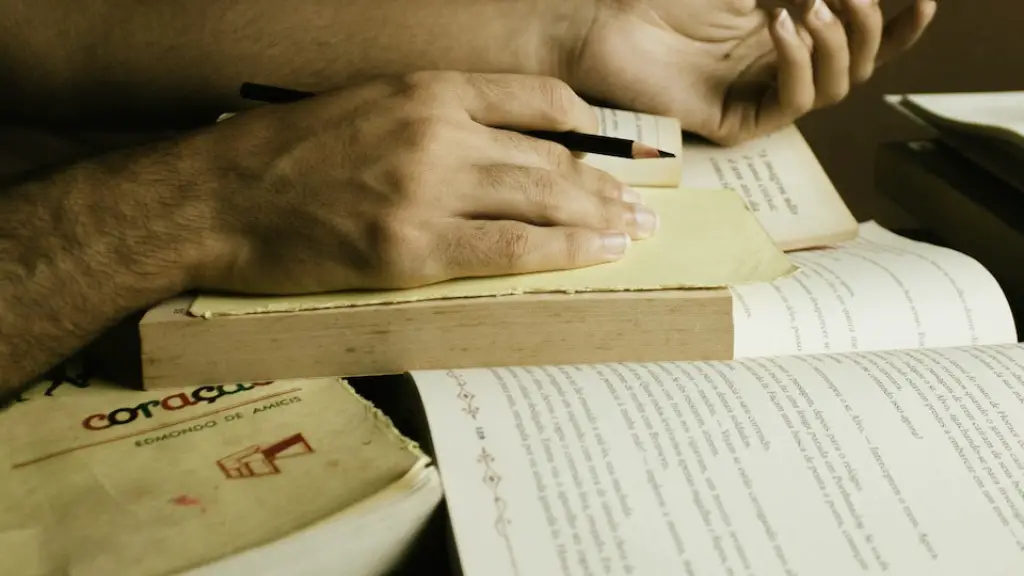Beginning
Writing poetry is a form of art that allows you to express your creativity and emotions. Poetry is an ancient form of writing, but modern poetry is still alive, offering endless possibilities for exploration and creativity. Yet for many people, knowing where to start can be intimidating. Many believe you must have some kind of magical talent to write good poetry. In reality, everyone has the potential to write poetry, with a little guidance and practice. Here are five steps to help you get started on your poetic journey!
1. Find Your Voice
Your poetic voice is the way in which you express yourself through writing. The best thing to do when starting out is to try writing in different styles and forms, such as haiku, sonnets, ballads, and more. This will help you to find and hone your own poetic voice. Don’t be worried if your voice isn’t perfect from the start—it takes a lot of practice and exploration to find the style that fits you best. Don’t be afraid to try different things, from rhymes to free verse, to find out which approach works for you.
2. Read Poetry Regularly
One of the best ways to improve your own writing is to start by reading poetry written by some of the greats. Consider picking up books by famous poets such as John Keats, Sylvia Plath, or Robert Frost and take some time to read through their work. You can also read contemporary poetry, or even listen to poets recite their work. You will likely come away with a deeper understanding of poetic technique, which can help you when you start writing.
3. Listen to Your Own Life
Writing poetry is a great way to express yourself and reflect on your own life. Spend some time listening to yourself and pay attention to your thoughts and feelings. Ask yourself what kind of emotions and experiences your life has brought you and draw inspiration from that. Sometimes it can help to start by writing down the titles of poems before the actual pieces. Some poets prefer writing about something that is happening in their lives in the moment, while others use poetry to express their emotions about events from the distant past.
4. Experiment With Ideas
Once you have decided on the topic of your poem, try experimenting with different ideas and techniques to see what works best. Play around with words and concepts, using techniques such as alliteration, assonance, and internal rhymes. Try making a list of words that relate to the topic and include them in your poem. Also, look at poetic devices, such as similes, metaphors, and personification, to give your poem a creative twist.
5. Find a Writing Community
It can be beneficial to find a writing community or group, either online or in person, where you can share your work. Writing in a supportive environment, where you can also receive constructive criticism, can be a great way to learn and grow as a poet. You may even find yourself getting inspired by your fellow poets and discovering new topics to write about! Many writing groups offer poetry writing workshops, reading series, and other events for poets, so it is a great option for finding like-minded people.
Reflection
When you first start writing poetry, it can feel overwhelming, but the more you read, practise and experiment with ideas, the easier it will become. Remember, there is no one way to write good poetry; it is all about finding your own style and voice. Don’t be afraid to take risks, explore different ideas and be creative. Writing poetry gives you the opportunity to express yourself and discover new aspects of life, so take advantage of it!
Learn the Technical Aspects
When writing a poem, it’s important to have an understanding of poetic devices and forms. Learning the technical aspects of poetry can help to make your writing more effective and engaging. You can learn about such devices as rhythm, meter, rhyme, and alliteration, as well as different poetic forms, such as sonnets and haiku. Once you have a good grasp on the technical aspects of poetry writing, you can start experimenting with your own words to create unique and meaningful pieces.
Practice Regularly
The best way to improve your poetry writing is to practice writing regularly. Dedicate a certain amount of time to your writing and make writing a habit. Start with small goals and then gradually increase the amount of time you spend writing. As you write more, you will gain confidence in your words and start to gain mastery over your poetic style.
Create a Writing Outlet
Finding a writing outlet can help to keep you motivated and productive. Consider setting up a portfolio website, or a blog dedicated to your writings, or submitting your work to poetry competitions and magazines. It can be very rewarding to see your work reach a wider audience, and it can help you to continue to stay connected with the writing community.
Broaden your Horizons
It’s important to make sure your writing doesn’t become stagnant, so it’s a good idea to try new things from time to time. Consider attending a writing workshop or attending a literature festival. Take time to read a variety of different poets and look into different writing styles or points of view. Traveling and exploring new places can also be a great source of inspiration.


